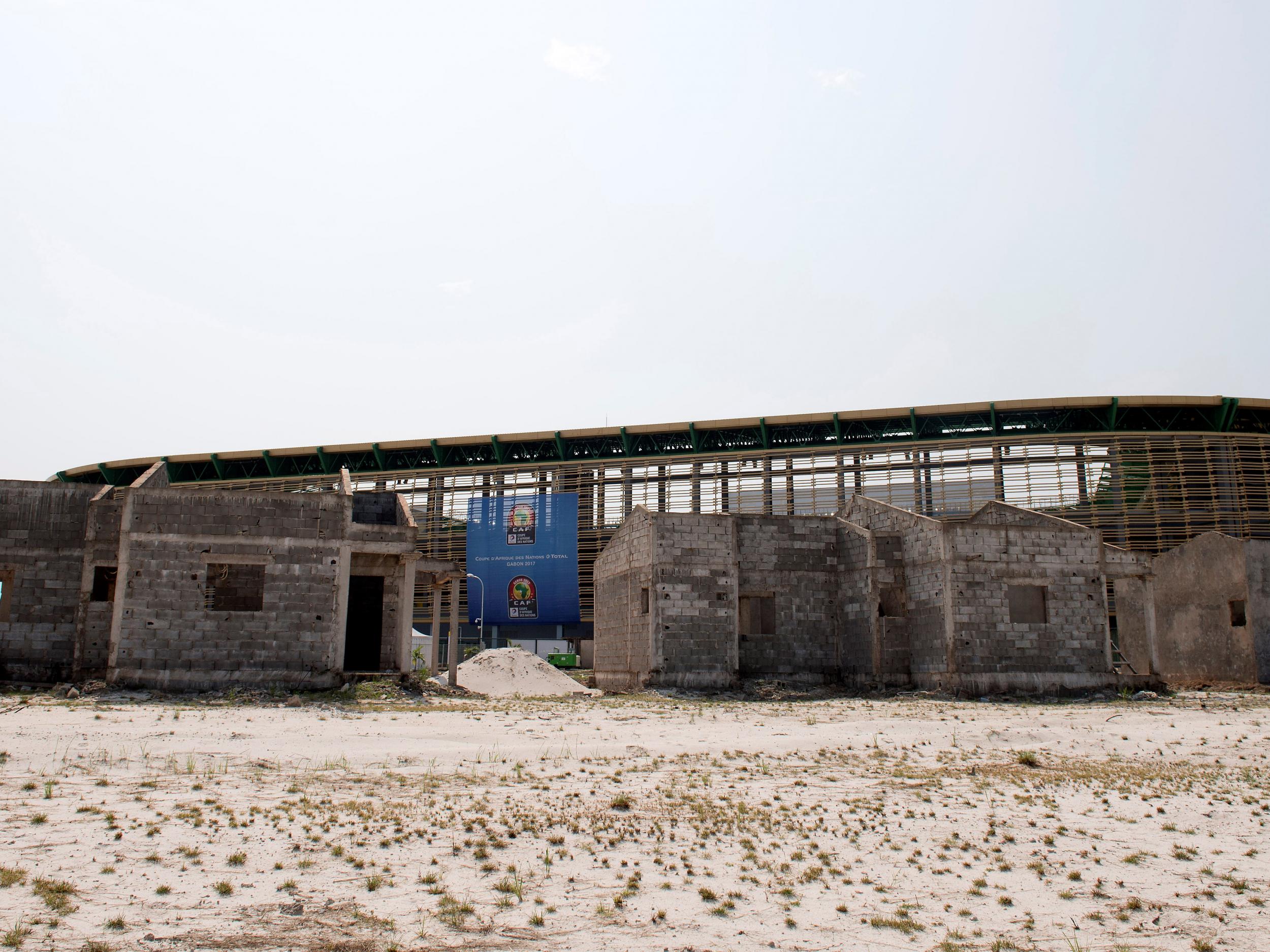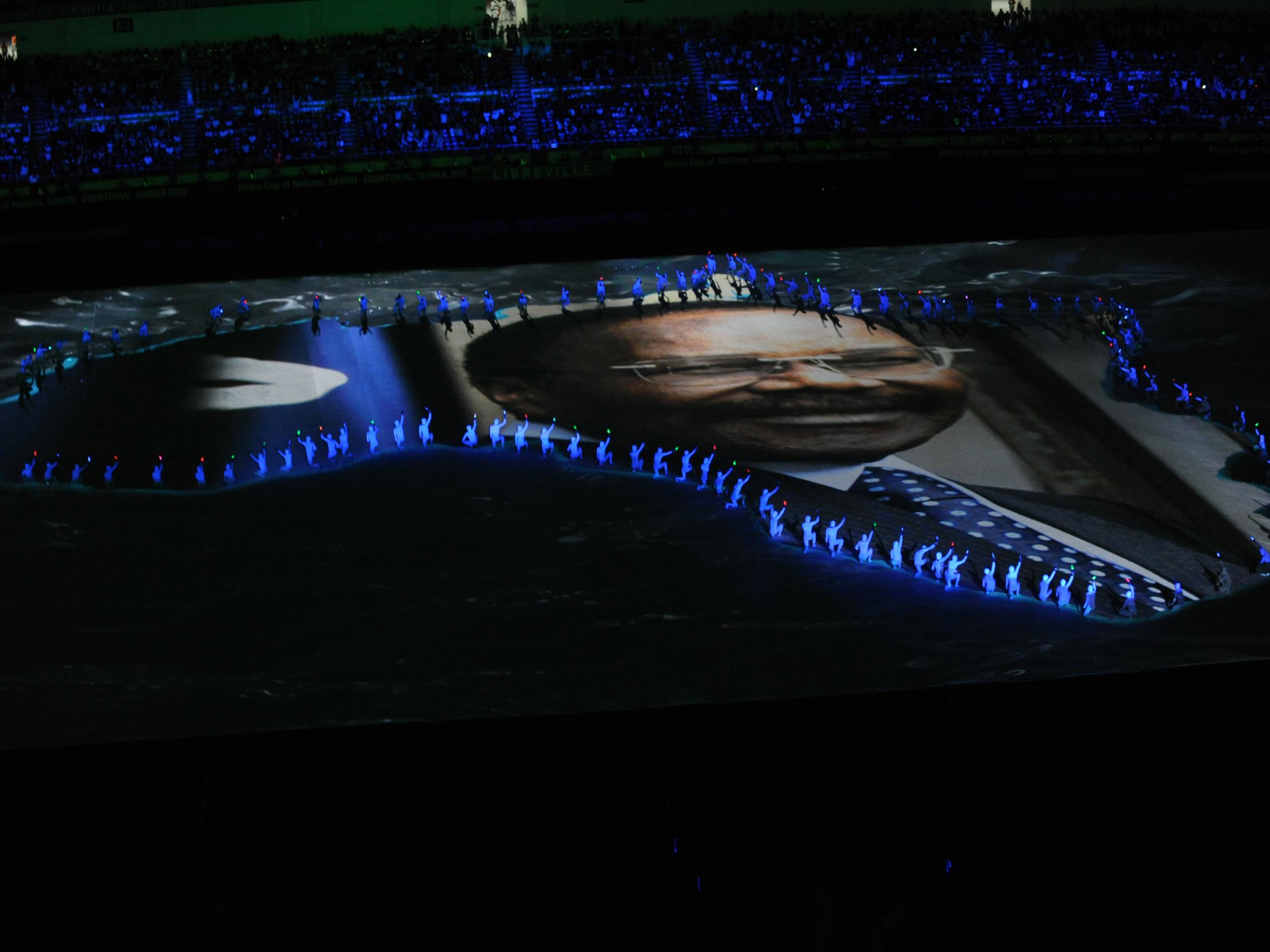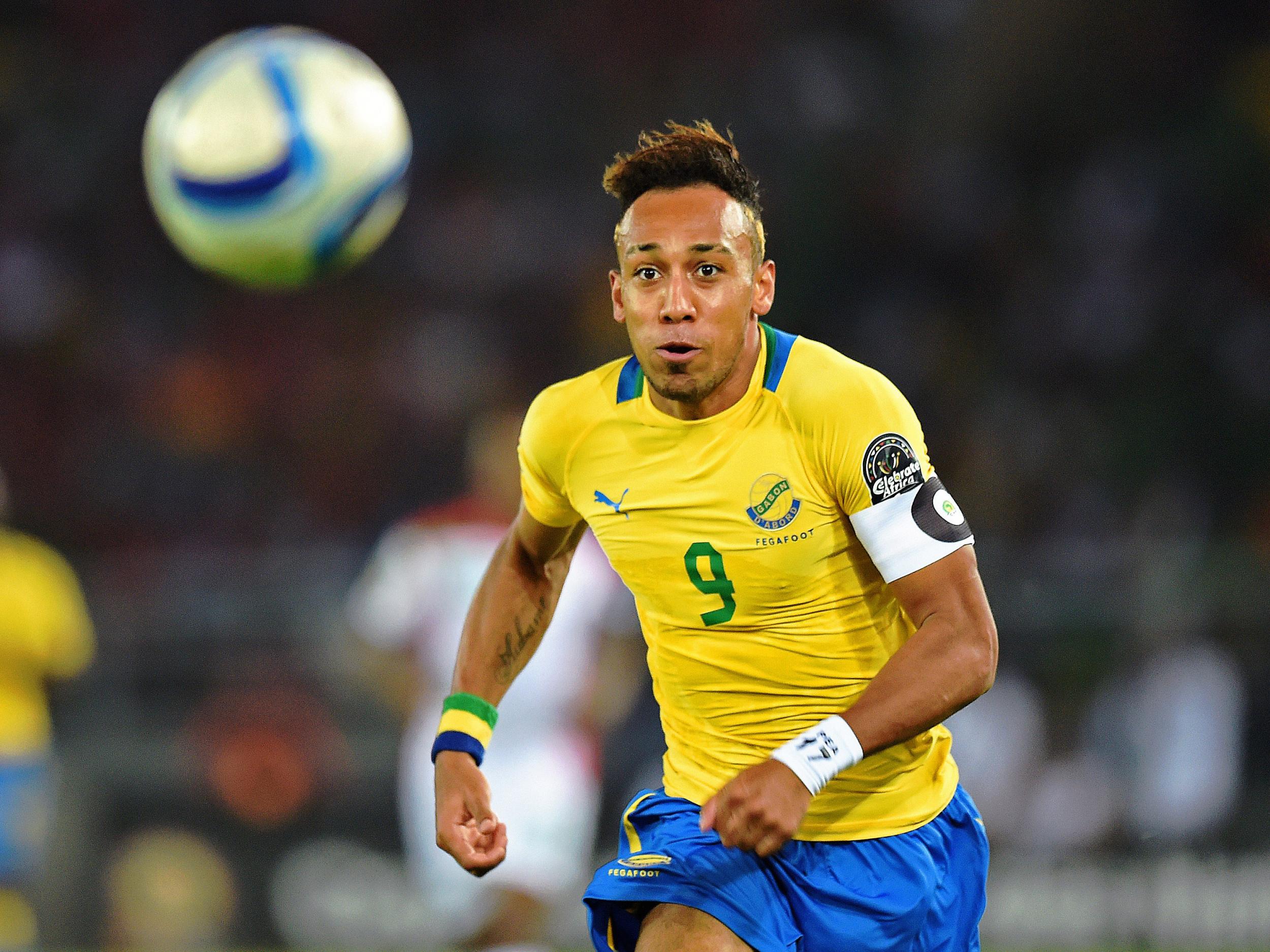Gabon's Stade Omar Bongo casts a shadow as the Africa Cup of Nations gets into full swing
The Stadium is not ready for the tournament around $220m investment

Your support helps us to tell the story
From reproductive rights to climate change to Big Tech, The Independent is on the ground when the story is developing. Whether it's investigating the financials of Elon Musk's pro-Trump PAC or producing our latest documentary, 'The A Word', which shines a light on the American women fighting for reproductive rights, we know how important it is to parse out the facts from the messaging.
At such a critical moment in US history, we need reporters on the ground. Your donation allows us to keep sending journalists to speak to both sides of the story.
The Independent is trusted by Americans across the entire political spectrum. And unlike many other quality news outlets, we choose not to lock Americans out of our reporting and analysis with paywalls. We believe quality journalism should be available to everyone, paid for by those who can afford it.
Your support makes all the difference.In the weeds, a goat bleats. In the ditch, a naked man washes himself.
In a wired-off compound, diggers sit idle. And at the centre of it all is the Stade Omar Bongo, concrete supports reaching into the humid grey sky. There is a grass pitch and there are not merely goals in place but practice nets have been set up; teams will train here. This should have been the centrepiece of Gabon’s second Cup of Nations in five years, the president Ali Bongo’s tribute to his father, whom he succeeded after his death in 2009. But the stadium will not host any games at the 31st African Cup of Nations. It isn’t finished, surrounded by weeds and rubble, and, as such, represents an extraordinary expenditure for a country that last October announced cut-backs to the health and education budgets.
At the entrance there is a sign acknowledging a seventh-month delay to construction. A man sitting nearby, laughs and says simply, “politics”, when asked what the problem is. Others suggest there has been widespread corruption, siphoning off money and delaying work.
Around $220m has been invested in the stadium, even though the Stade de l’Amitie, which will host Saturday’s opening game, was built for the Cup of Nations in 2012.
Two ministers have been arrested in the past week on charges of corruption, while there have been strikes in the past couple of weeks by both civil servants and workers in the oil industry. Meanwhile the ramifications of August’s election rumble on. Bongo was declared the winner by around 5,500 votes – later increased to 11,000 after an appeal to the Supreme Court by the opposition leader Jean Ping. Many, though, remain highly sceptical of the result. Street protests followed in which, according to the government, three people were killed. The opposition believes it was many more, while more than 1000 people were arrested. The national assembly is still streaked black from the attempts of protestors to burn it down.
Five years ago, when Gabon co-hosted the Cup of Nations with Equatorial Guinea, Pierre Emerick-Aubameyang missed a penalty in the quarter-final shoot-out in a defeat to Mali. He had had a superb tournament to that point and had become such an icon that the president’s wife Sylvia had taken to attending games wearing an Aubameyang 9 shirt. Back then the stadiums were full for Gabon games and the atmosphere passionately supportive. It may be a very different story this time around.

On Thursday last week there was a demonstration in Paris against the tournament, led by Gabonese ex-pats, but other opposition figures see it as an opportunity to protest. The first major demonstration in Libreville since September has been arranged for the Place Rio in the centre of Libreville for 1pm on Saturday, two and half hours before the rapper Bouba is scheduled to sing at the opening ceremony and four hours before kick-off in the opening game, between Gabon and Guinea Bissau. The former Southend forward Guy Roger Nzamba, once a Gabon international, called for Gabonese fans to boycott the tournament but official figures suggest 70 per cent of tickets for the host nation’s games have been sold.
Beyond the politics, there is the potential for an intriguing competition. Guinea Bissau are making their first ever appearance in the tournament, while Uganda are back after an absence of 39 years.
The picture is of a talent base that is getting broader without necessarily getting higher: Africa may be not closer to winning a World Cup than it was 20 years ago, but there are at least more countries who could conceivably qualify.

Cote d’Ivoire, the golden generation a fading memory, have a young and potentially gifted side, based on the defensive resilience of Eric Bailly, Lamine Kone and Wilfried Kanon. Egypt, who won the Cup of Nations three times in a row and then failed to qualify three times in a row, are back, with Mohamed Salah a potent attacking force. Senegal, managed by Aliou Cisse, are the highest-ranked African side according to Fifa, based on the solid base of Cheikhou Kouyate and Idrissa Gueye, enlivened by the pace of Sadio Mane. Algeria have a potent forward line of Islam Slimani, Riyad Mahrez and Yacine Brahimi, but chaos behind the scenes; the Belgian George Leekens is their third manager in under a year.
And then there’s Ghana, the generation that won the Under-20 World Cup still failing to live up to expectations as their press rages against the manager Avram Grant, whose solution to Ghana’s failure to win the Cup of Nations in 35 years has been to grow a beard his daughter insists is “lucky”.
Football, perhaps, will move in the next few weeks to centre stage but it will not move into the Stade Omar Bongo, which lowers over the centre of town, a reminder of the politics that have dominated so much of the build-up.
Join our commenting forum
Join thought-provoking conversations, follow other Independent readers and see their replies
Comments